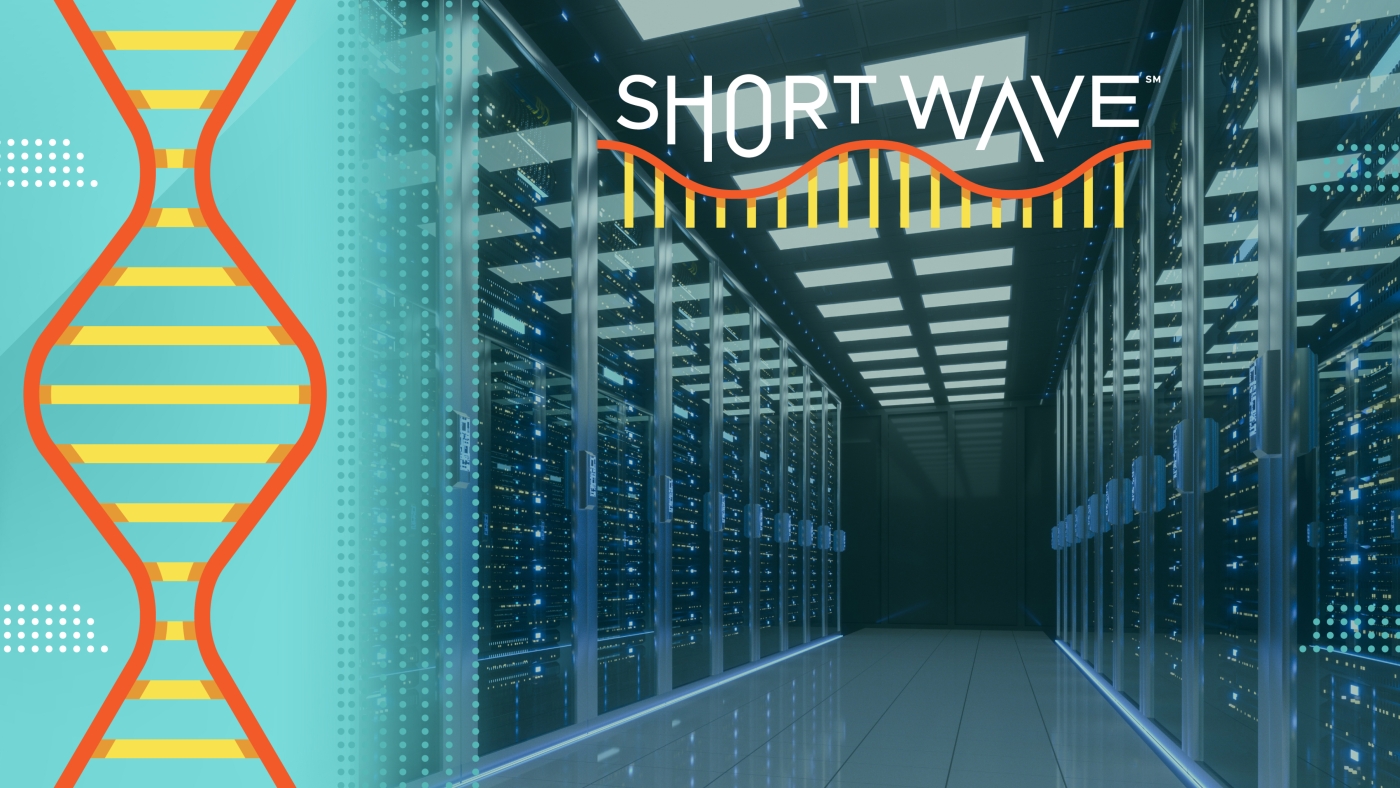A team at Cornell University determined that, by 2030, the rate of AI growth in the U.S. would put an additional 24 to 44 million metric tons of carbon dioxide into the atmosphere.
Jason Marz/Getty Images
hide caption
toggle caption
Jason Marz/Getty Images
Using data analytics – and, ironically, some artificial intelligence – a team at Cornell University has mapped the environmental impact of AI by state. They published their results in the journal Nature Sustainability this week.
They determined that, by 2030, the rate of AI growth in the U.S. would put an additional 24 to 44 million metric tons of carbon dioxide into the atmosphere. The team further calculated that by 2030, AI could use as much water as 6 to 10 millions Americans do every year. All of this, they conclude, would put the tech industry’s climate goals out of reach.
As previously reported on Short Wave, Google, Microsoft and Meta have all pledged to reach net zero carbon emissions and to be water positive by 2030. Amazon has set their net zero carbon deadline for 2040. But, according to this paper, AI is imperiling those climate goals.
We reached out to these companies for comment. Google did not reply and the others declined to comment.
A key takeaway from the study? The location of a data center matters.
“If we build AI in the right place, on a clean power grid and with efficient cooling technologies, it could really grow without blowing past water and climate limits,” said Fengqi You, study author and a professor in energy systems engineering at Cornell University.
You wants data centers to be built in places with low-water stress that are already transitioning to clean energy. Spots in the midwest and windbelt states – Texas, Montana, Nebraska and South Dakota – are good candidates. And tech companies have already been scouting future data centers in some of these states.
Interested in reporting on the environmental impact of AI? Email us your question at shortwave@npr.org.
Listen to every episode of Short Wave sponsor-free and support our work at NPR by signing up for Short Wave+ at plus.npr.org/shortwave.
Listen to Short Wave on Spotify and Apple Podcasts.
This episode was produced by Daniel Ofman and Rachel Carlson. It was edited by Rebecca Ramirez and Christopher Intagliata. Tyler Jones checked the facts. Simon Laslo-Janssen and Kwesi Lee were the audio engineers.
